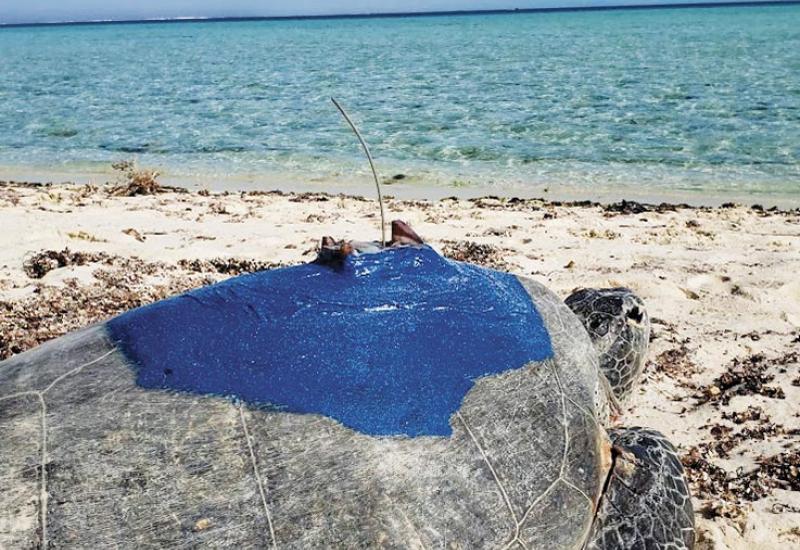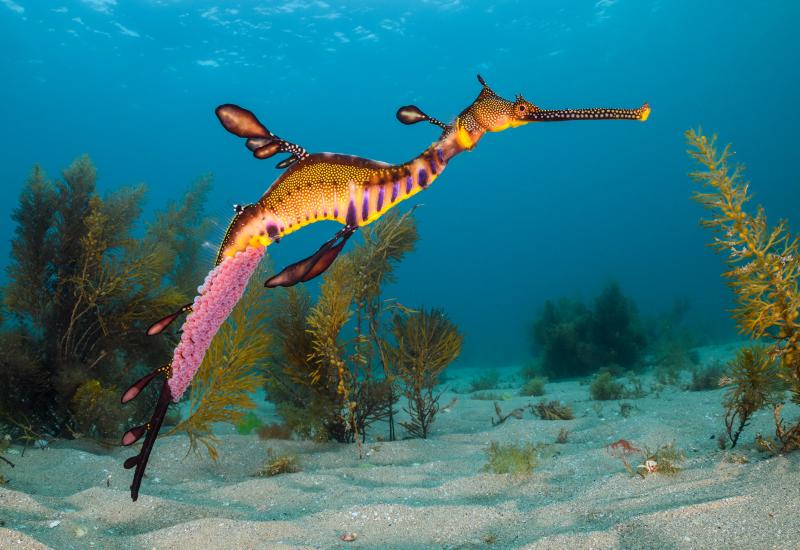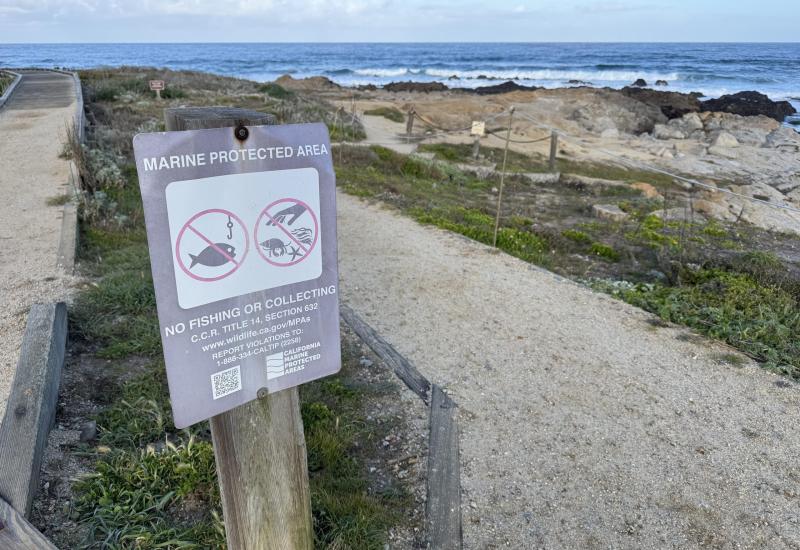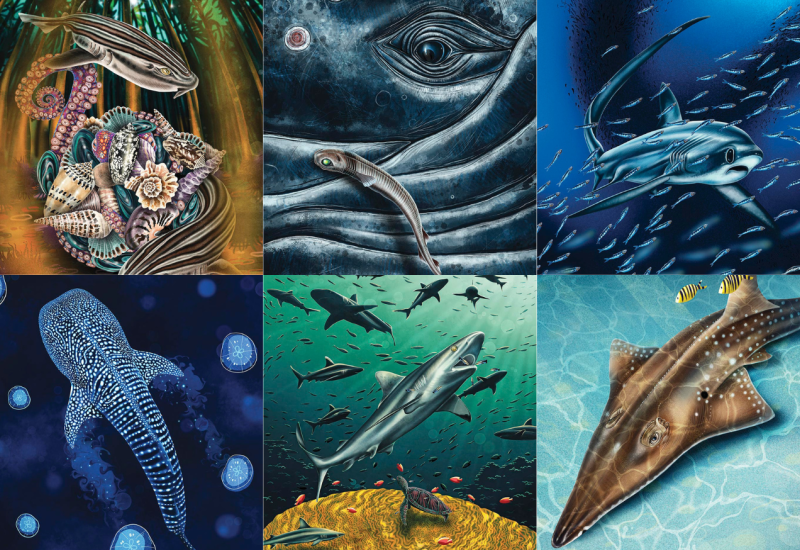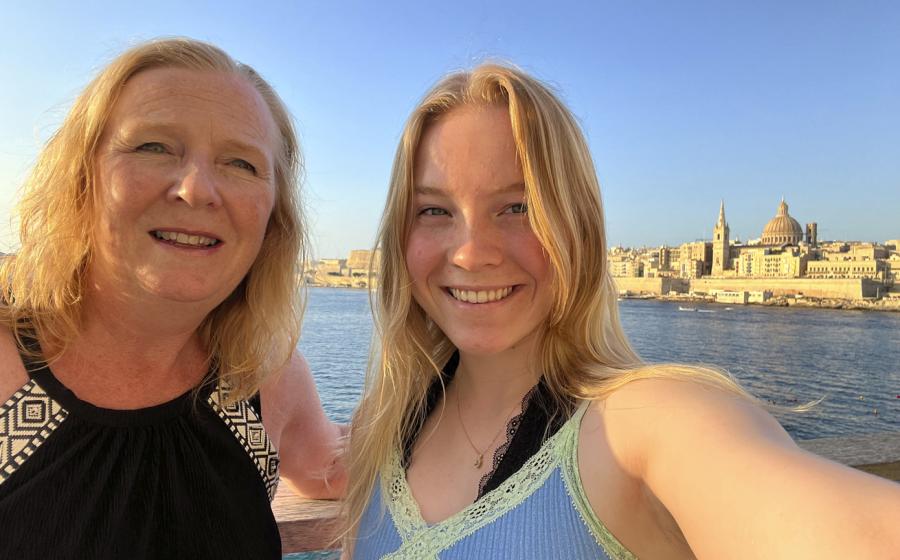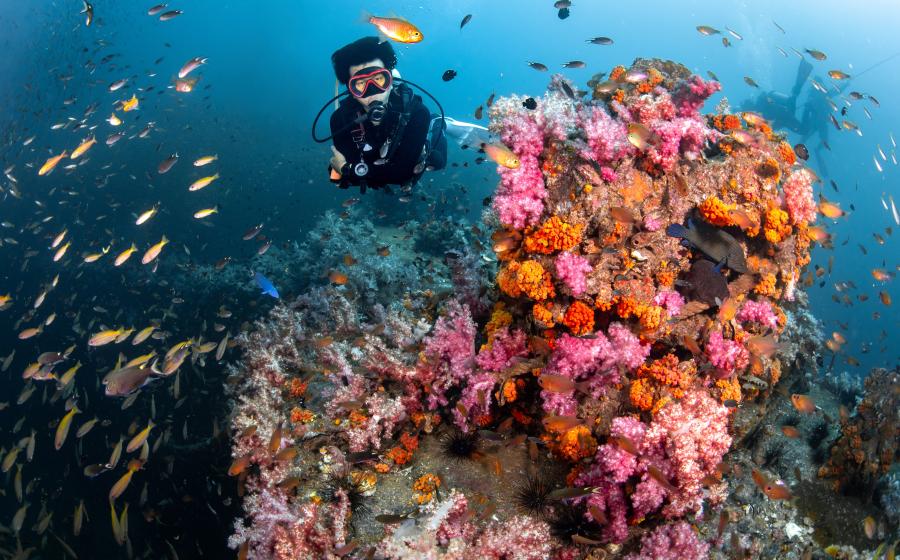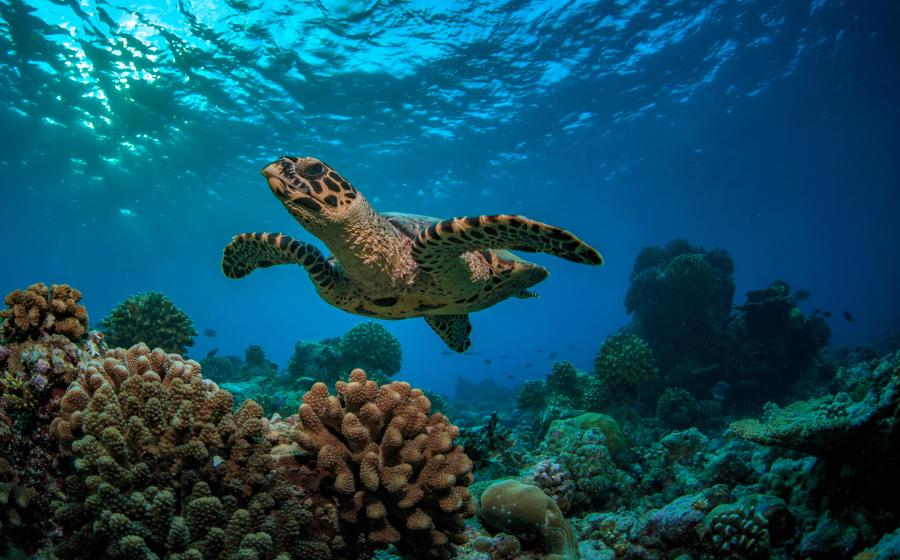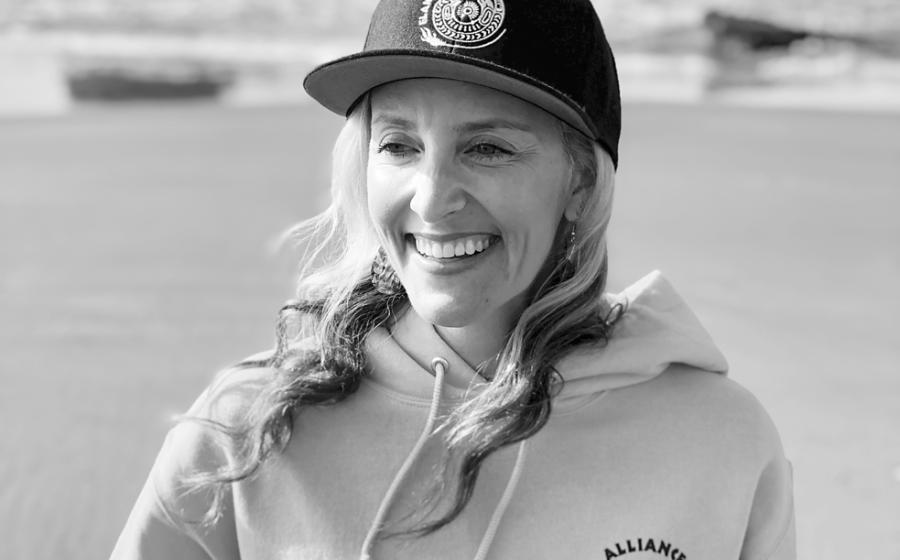What It's Like to Be a Blue Planet II Photographer

Steven P. HughesWhat it takes to create Blue Planet II, from the perspective of one of the film's videographers.
Open-ocean filming is cruel. And that cruelty takes form as a special type of boredom.
Our small team had been cruising in a sport-fishing boat for 14 days.
Every morning, we woke to scorching sun and water as far as the eye could see. It takes a certain kind of patience and mental strength to stay rational and ready for action when you see nothing but sky and sea for weeks on end. It tests you like no other type of filming.
As the sun rose on the penultimate morning, we dropped our breakfast of rice and beans, switching instantly from torpor to a fury of preparation. Untold numbers of lanternfish had formed into huge balls of bait at the surface, and the predators were arriving. Now, mentally, we had to disassociate ourselves from the event unfolding in front of us. We had to be calm, concentrate on the basics — framing, exposure, focus — and get our shots in the midst of absolute mayhem. It was a mere 30 minutes before the lanternfish were annihilated and the hordes of mobula rays, tuna, sailfish and dolphins had moved on. It felt like 30 seconds. We were lucky to capture the sequence, a phenomenon so rare that our footage was used to write a scientific paper.
That was just one story out of 10 that I filmed for the BBC’s Blue Planet II. Over the course of production, I spent more than 600 hours underwater. I shot tusk fish smashing open clams on a coral anvil, turtles fighting over positions in a fish spa, tiny clownfish risking their lives to lay eggs, and a beautiful moment when the Great Barrier Reef launched millions of eggs into the ocean.
On average it took me 80 hours of bottom time over three weeks to shoot one four- to five-minute story. There was interminable waiting, emotional highs and lows, and a lot of coffee. In total, 60 camera operators spent a combined 6,000 hours underwater on 125 expeditions to 39 countries over four years — a mammoth undertaking to produce the definitive documentary on the world’s oceans.

